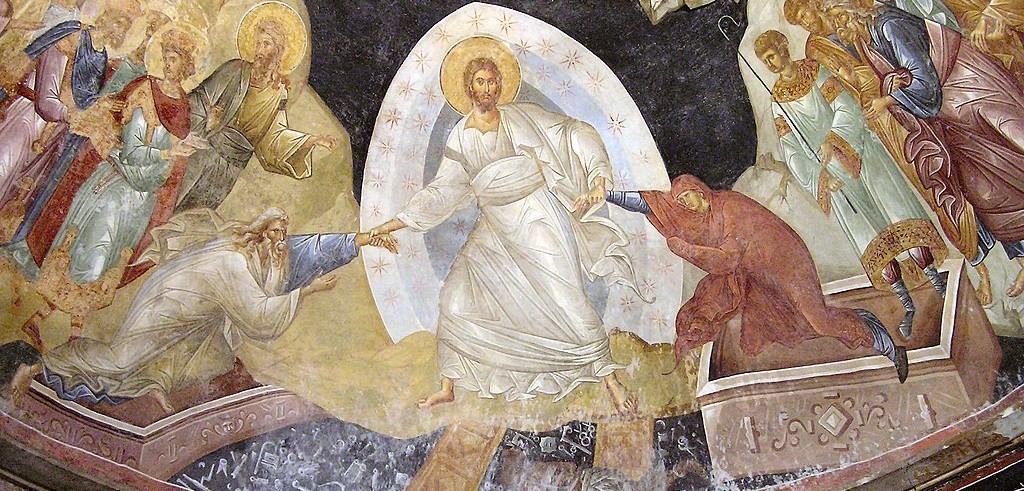The Importance of Sunday
National Liturgical Council

On the first day of each week, which is known as the Day of the Lord or the Lord’s Day, the Church, by an apostolic tradition that draws its origin from the very day of the Resurrection of Christ, celebrates the Paschal Mystery. Hence, Sunday must be considered the primordial feast day. (GNLY 4).
From the earliest days of the Church the Christian community assembled together to remember the day of the resurrection, the Lord’s Day. Since they were Jews they continued to keep the Sabbath day holy as well. The Sabbath was a day of rest to remember the seventh day on which God rested after creating the world, according to the Book of Genesis. No work was to be done on the Sabbath and Jesus incurred the wrath of the Pharisees for daring to heal on this sacred day. Thus, what we call Sunday was the first day of the week for the Jews. Saint Ignatius of Antioch wrote that ‘those who lived according to the old order of things have come to a new hope, no longer keeping the Sabbath, but the Lord’s Day, in which our life is blessed by him and by his death. Christians no longer observe the Sabbath day, but live according to the Lord's Day, on which our life was restored through Jesus Christ and his death’ (St Ignatius of Antioch, Ad Magna 9,1:SCH 10,88 cited in CCC 2175).
For the followers of Jesus, the day of resurrection had a double significance: the first day of the new creation in Christ as well as the completion of creation, the eighth day. It is for this reason that some ancient baptismal fonts are octagonal. Gradually the Christians were forbidden to join in the synagogue, and the Lord’s Day became their day for gathering to make thanksgiving, eucharist, for the Paschal Mystery in and through the ‘breaking of the bread’ (Acts 2.42).
In the Greco-Roman world Saturday, named from the planet Saturn, was the first day of the week. However, by the second century, Rome had taken on the eastern pattern and ’the day named after the sun’ became the first day of the week. Justin Martyr writes around 150 that this is the day ‘we all assemble in one place.’ In his letter to Trajan in 112, Pliny, the governor of Bithynia writes of the gathering of the Christians early on Sunday morning as well as in the evening for a meal.
St. Jerome wrote in the fourth century:
The Lord’s Day, the day of resurrection, the day of Christians: this is our day. It is called the Lord’s Day because on it the Lord ascended victorious to the Father. When pagans speak of it as the day of the sun, we gladly agree, for this day the light of the world, the Sun of Justice, arose and salvation is hidden in the shelter of his wings
For Christians, Sunday held the title ‘the Lord’s day’ or in Latin Dominica; this tradition is still reflected in several European languages such as Domenica (Italian) and Dimanche (French). Over the centuries Eucharist came to be celebrated on weekdays but the Sunday celebration is still of primary importance to the Christian community. It is the regular holy day of obligation when the community is obliged to gather. It is at the core of our baptismal commitment as members of the body of Christ, as brothers and sisters in the Christian community
The two most solemn days of the Church year, Easter Sunday and Christmas day are followed by an octave: continuing the feast for eight days. The Gloria is prayed on each of these days and other celebrations are prohibited. This is similar to having a week of Sundays and highlights the importance of these two days.
Image Attribution - Anastasis, Harrowing of Hell and Resurrection of Jesus, GunnarBach
